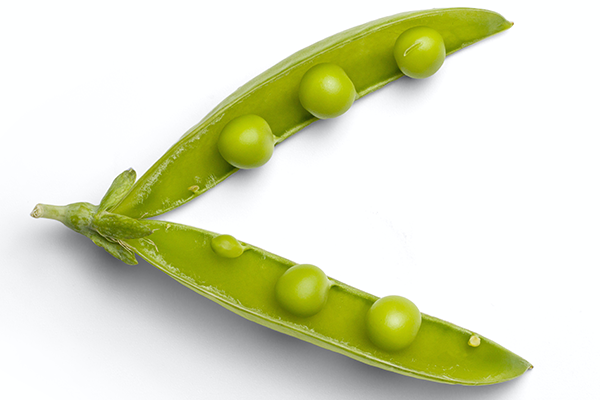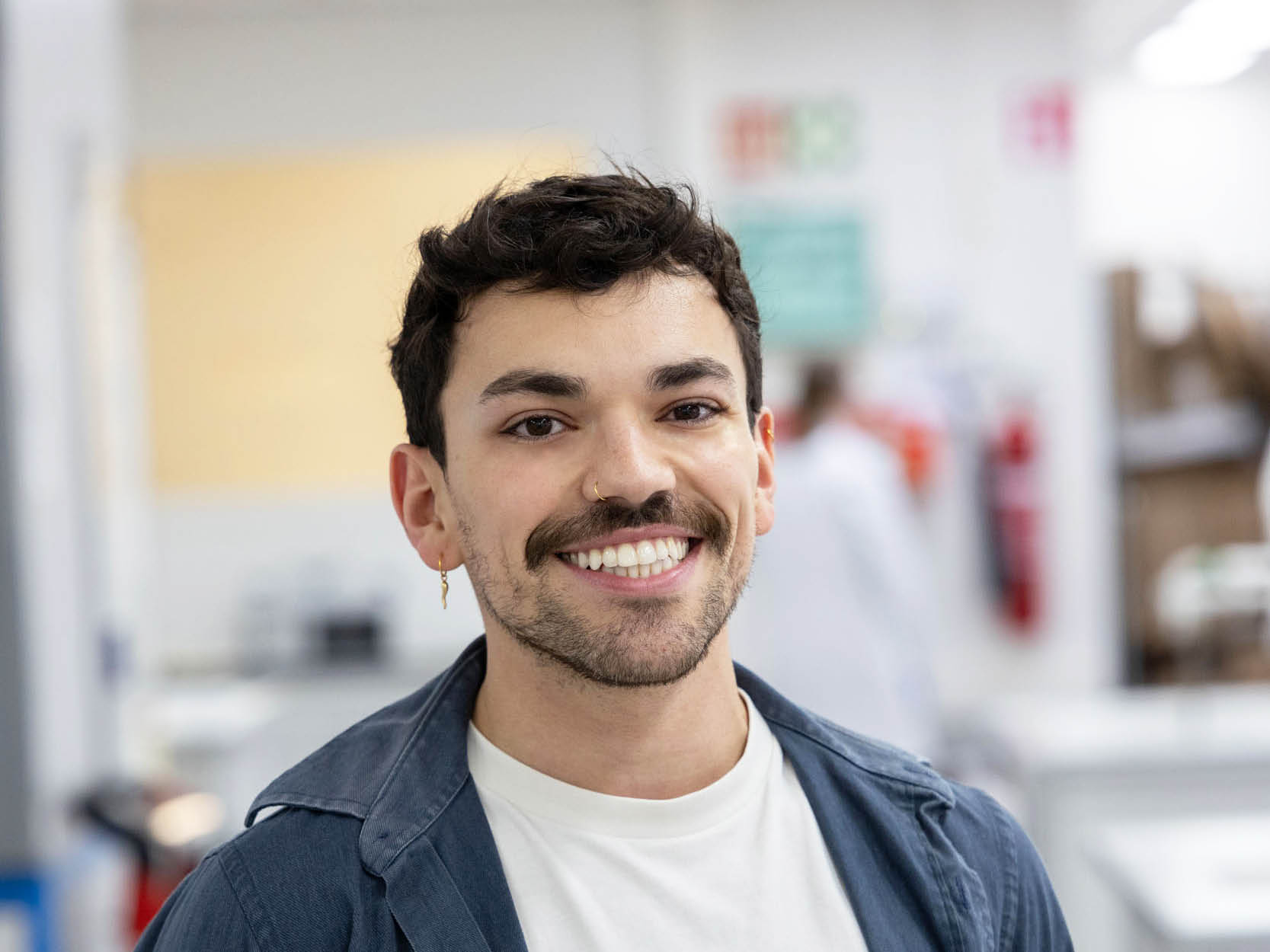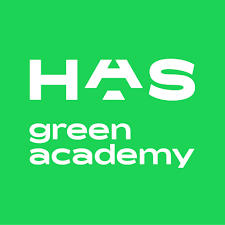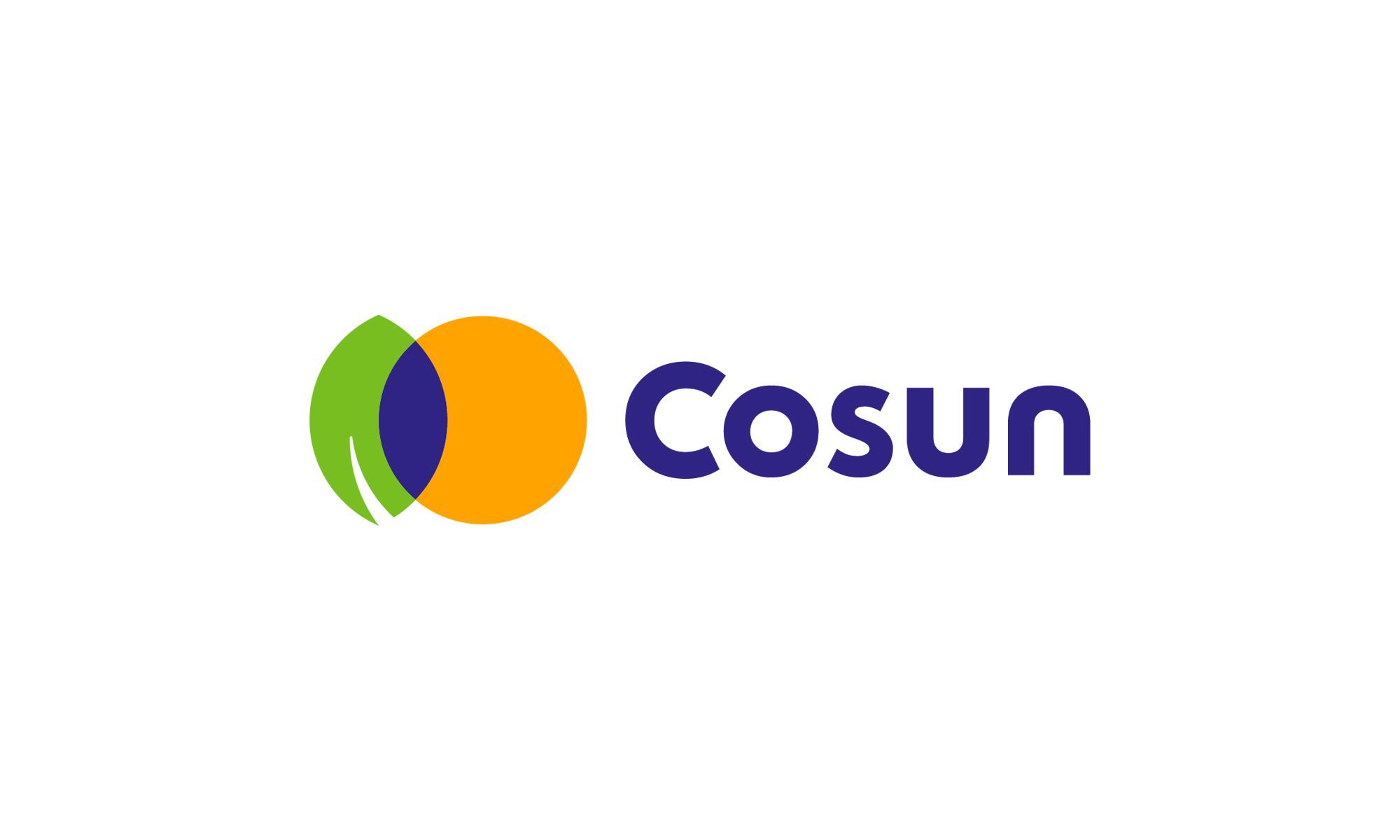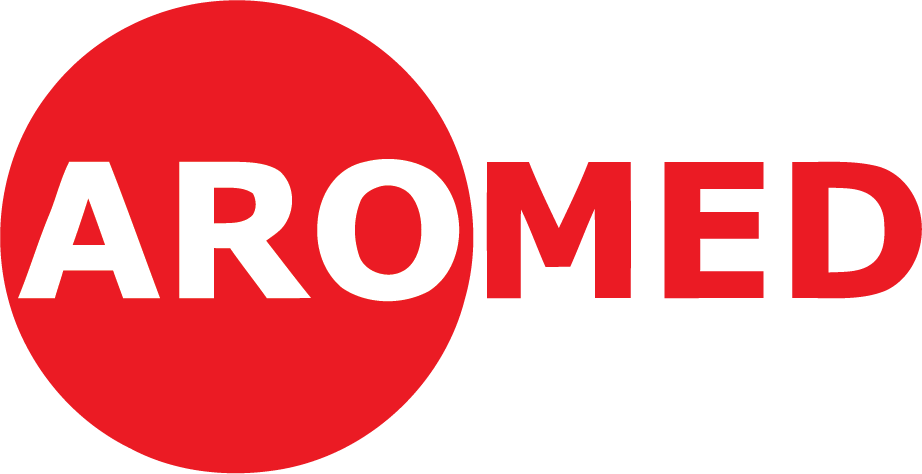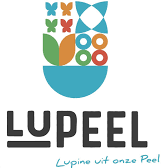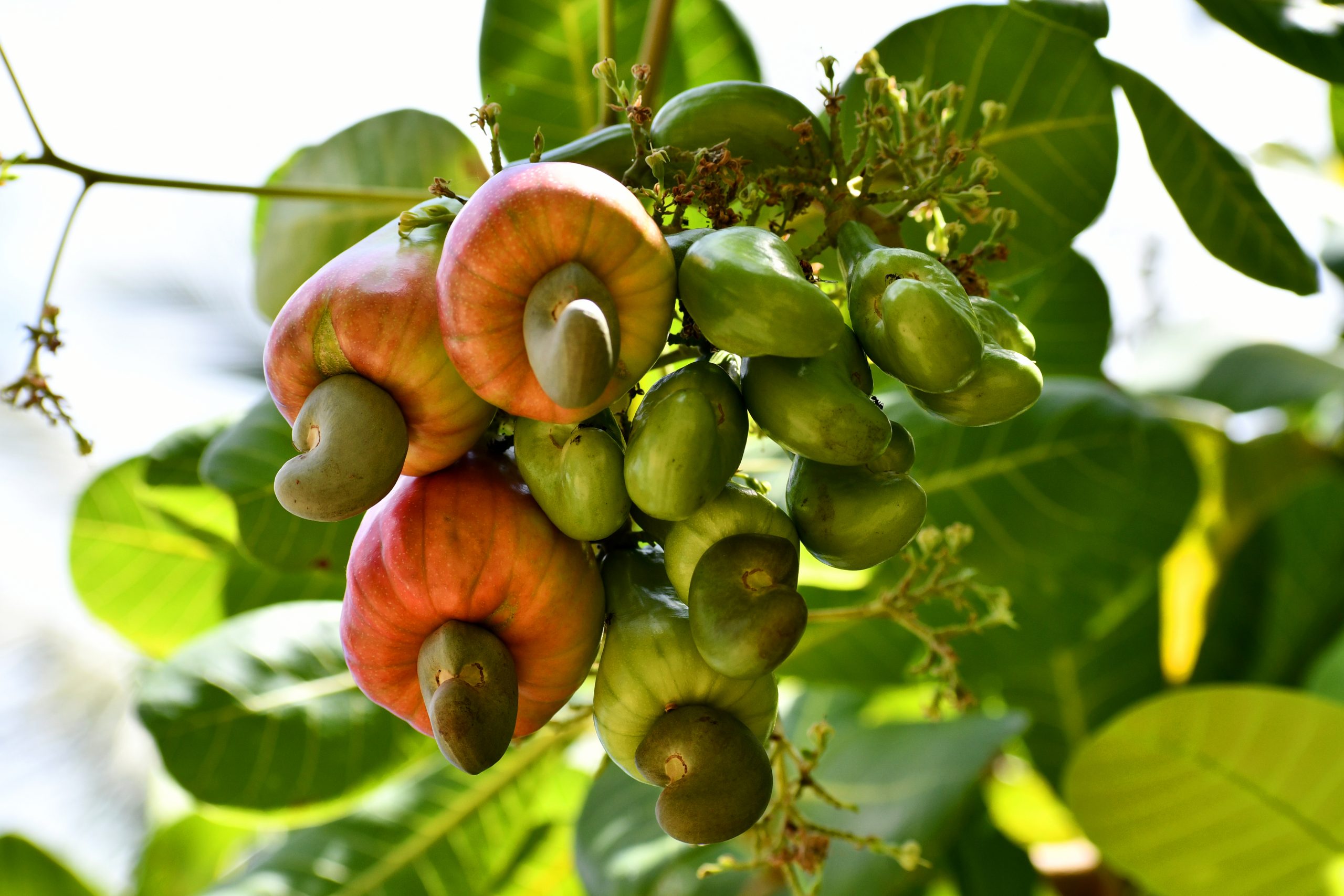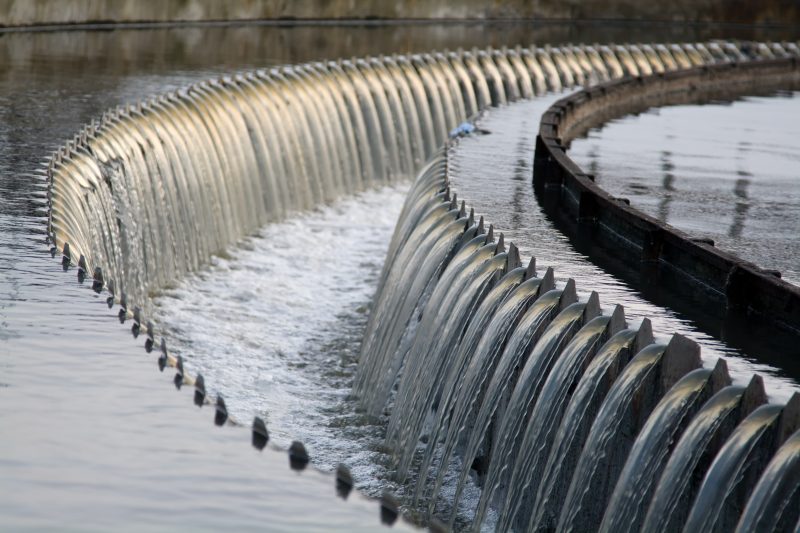Focus on juice fraction from legumes
The project concentrates on legumes, such as fava beans and lupines, serving as significant sources for plant-based protein production in the Netherlands. The key to success lies not only in optimizing the cultivation of these crops but also in cleverly utilizing the resulting by-products.
While there is already considerable research on the cultivation and utilization of protein from legumes, there has been much less attention to value extraction from the by-products. The project specifically targets the juice fraction of the by-products and the wet by-products generated during the processing of legumes. This is because various applications for the fiber fraction of plant residues are already well-known, including insulation and construction materials, biocomposites, and paper. The focus for applications of the juice stream is on personal care products and bioplastics.
Sustainable Revenue Model
The ultimate goal is to develop a realistic revenue model for the cultivation of legumes. This model should be beneficial for both farmers and processors of the by-products. This approach not only stimulates the protein transition but also contributes to circular and sustainable food and material production.
Consortium of Expertise
MNEXT collaborates in this project with HAS Green Academy, MNEXT (Avans), Curio, LuPeel, Vart, Stabican, Foodforskin, MAJOR21, Aromed, Dubbel Doel Flora, and Royal Cosun. This partnership between educational institutions, businesses, and experts from various fields is crucial for the success of the project.
This research is co-financed by Regieorgaan SIA, a part of the Dutch Research Council (NWO).
September 2023 until August 2025




